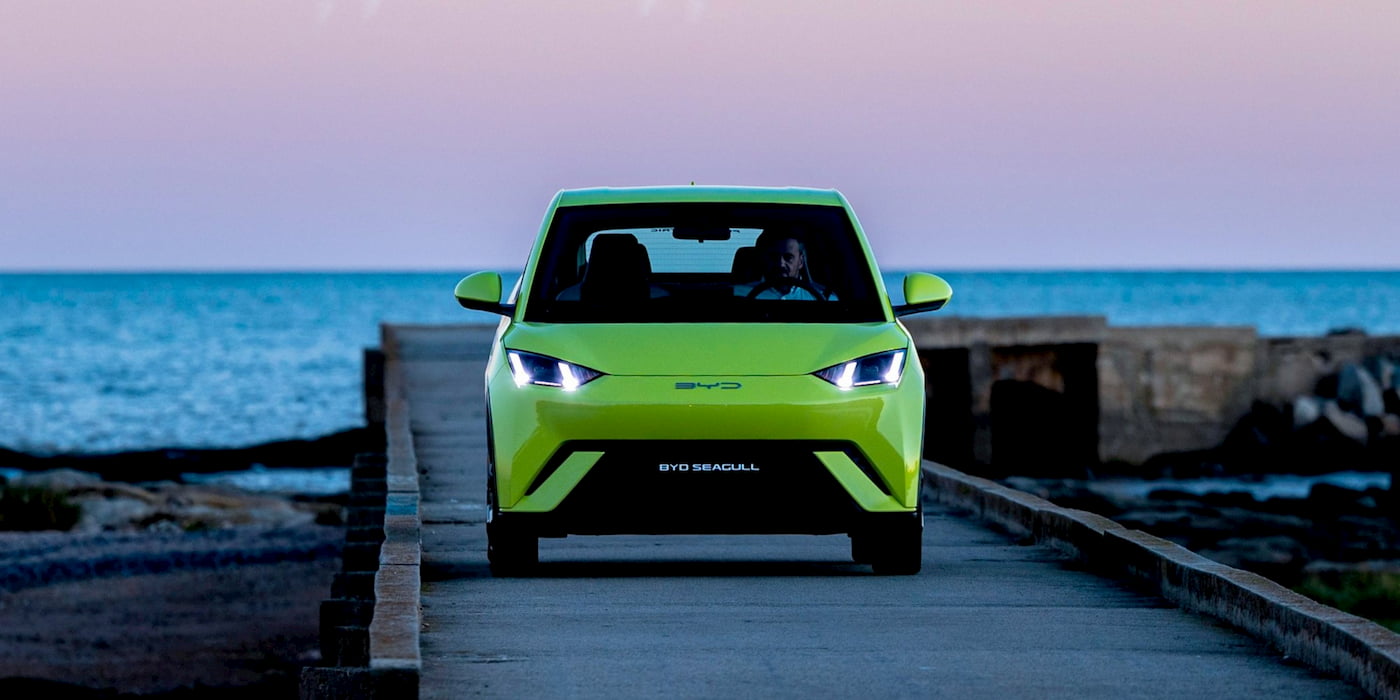
China has been heavily subsidizing its green tech sectors, but homegrown EV company BYD is a favorite child of the bunch, receiving subsidies to the tune of “at least” $3.7 billion, according to a new German study.
BYD received this lofty sum in direct government subsidies as part of the Chinese government’s push to lead the world in EVs and other clean tech, according to a new study first reported by Bloomberg.
Germany’s Kiel Institute for the World Economy reported that BYD received €220 million in 2020 to €2.1 billion only two years later. In terms of business revenues, direct subsidies increased from 1.1% in 2020 to 3.5% in 2022. Additionally, study authors say that BYD receives significantly more purchase premiums for electric cars in China compared to other domestic manufacturers like GAC or foreign companies producing locally, such as Tesla or VW’s joint ventures.
Of course, Europe is not happy about what’s going on – and while complaints about unfair trade practices are not new, they have taken on new dimensions as Chinese EV and green tech companies have emerged as fierce competitors around the globe. Back in October 2023, the EU launched its formal investigation into the Chinese EV industry, as European companies are struggling to compete with the cheap, high-tech Chinese imports – made by cheap labor – entering the European Union.
The European Commission visited BYD, Geely, and SAIC to gather intel, as part of its probe into what it says are both subsidies and bank lending campaigns from Beijing that fueled the outsize growth in China, with fears that China is building EV plants far beyond levels needed for domestic demand. After months of investigation, the EC says it now is considering slapping retroactive tariffs on Chinese EVs to help keep European automakers in the game.
According to the Kiel Institute, China gave direct payments to virtually all of its listed companies, including wind, solar, and railway – putting its aid at as much as nine times higher than the amount large EU and OECD countries such as Germany and the US offer, the report said.
Meanwhile, the US and Europe have been tightening their rules on Chinese cars and EV parts being sold in their countries, with tariffs so high in the US that China has turned its focus on other areas, namely South America, Asia, and Europe. In addition, the European Union has established a €40 billion innovation fund to compete with China and the US Inflation Reduction Act.
For its part, China has declared the EU subsidy probe a protectionist maneuver by Europe, saying that its automakers are winning because they make better products. Of course, even the study’s author say that the rapid adoption of green tech in Europe in particular is due in large part to cheap goods coming from China.
“China’s subsidy policy has been a controversial issue for years: European industries often struggle to compete with Chinese counterparts on price,” says Dirk Dohse, research director at the Kiel Institute and co-author of the study. “However, without China’s subsidized technology, products crucial for Germany’s green transformation would become more expensive and scarce as well.”
BYD reported a net income of $4.16 billion (30.04 billion yuan) compared to the estimated $4.29 billion (30.94 billion yuan), giving it considerable padding to undercut the competition with aggressively low pricing, which we’ve reported many times here at Electrek. The company reported a more than 80% rise in net profit last year, and it is showing no signs of slowing down.
FTC: We use income earning auto affiliate links. More.

